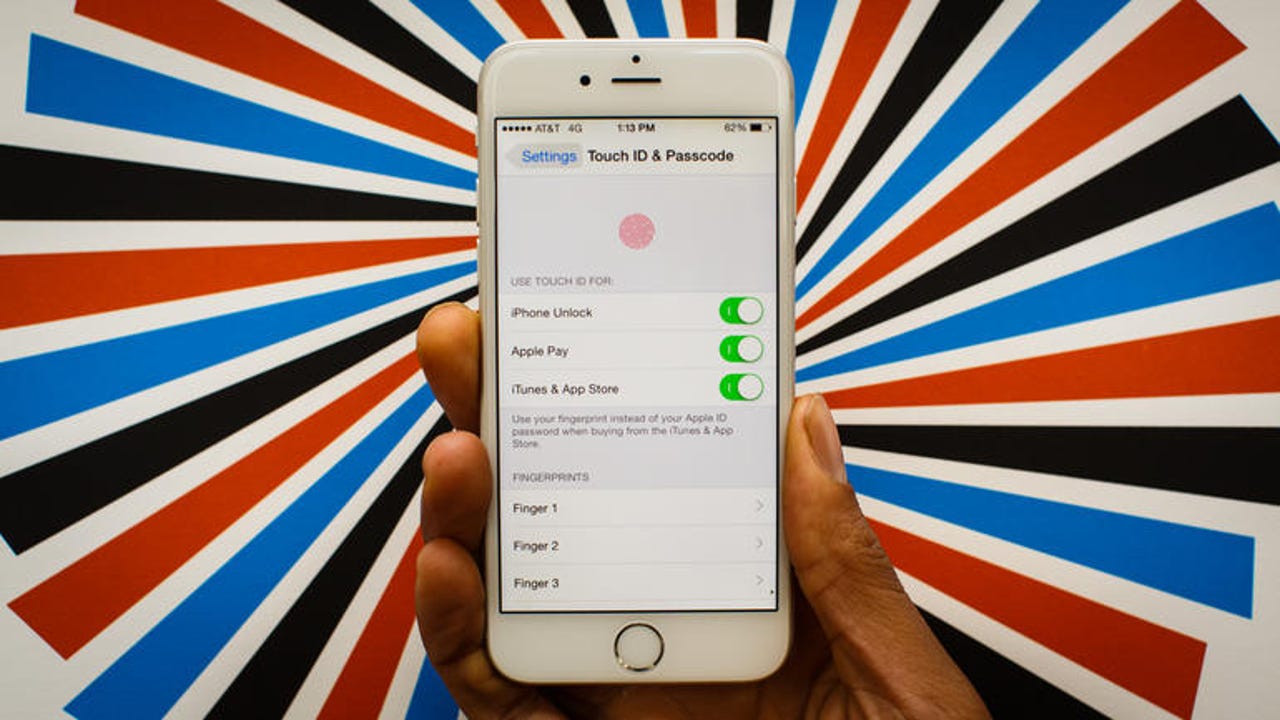Apple made it harder for the feds to force you to unlock your iPhone

It's now a lot tougher for the government to access an iPhone or iPad with a fingerprint.
iPhones and iPads equipped with a Touch ID fingerprint sensor will now ask for a passcode if it hasn't been unlocked with a fingerprint in the past eight hours.
Security
This adds to existing security rules that will force the passcode if the phone or tablet has been rebooted or hasn't been unlocked in the past two days.
Macworld, which first reported the story, said in a blog post that Apple rolled out the change in May, according to its latest iOS security guide, but that appeared to be in conflict with an Apple spokesperson, who was quoted as saying that the change happened in September when iOS 9 was rolled out to customers.
It's also not clear why the eight hour time period was chosen.
An Apple spokesperson did not respond to a request for comment at the time of writing.
The move to tighten Touch ID comes at a time where the Fifth Amendment, the right to silence and protection against self-incrimination, is under threat from a novel court case.
A judge in Los Angeles earlier this month compelled a suspect in gang-related case to unlock her iPhone with her fingerprint. The court order allowed the FBI to obtain her fingerprint less than an hour later, gaining access to the data stored in the Apple smartphone.
Invoking the Fifth Amendment would ordinarily only apply because a person can't be compelled to turn over knowledge that they had -- such as a passcode. In other words, because your passcode is in stored your head and your fingerprint isn't, forcing someone to unlock a phone with a fingerprint isn't constitutionally protected.
Apple has been pushing government demands away since it first rolled out zero-knowledge encryption in iOS 8 two years ago.
The move to add encryption was in part a response to accusations that the company was complicit in the PRISM surveillance program, leaked by whistleblower Edward Snowden, a claim the company strenuously denied.
